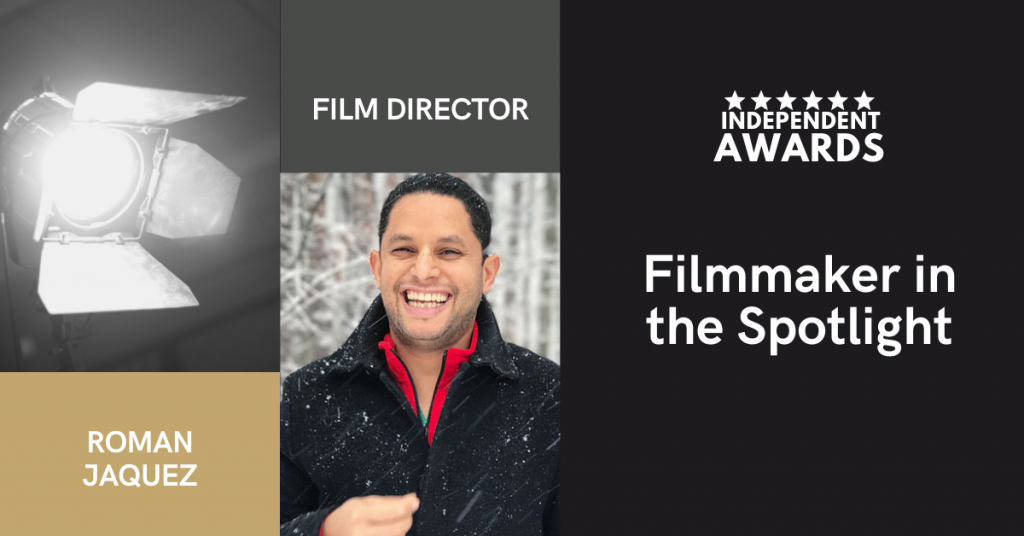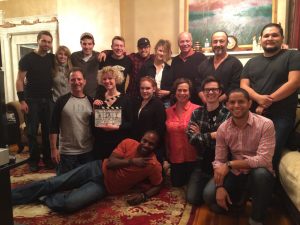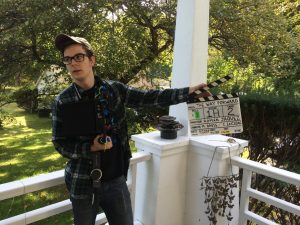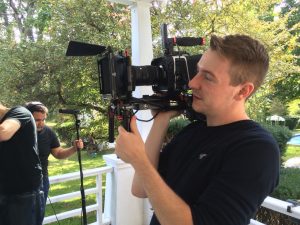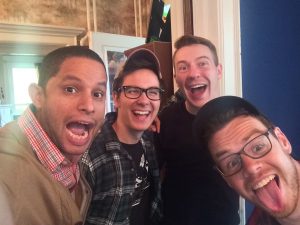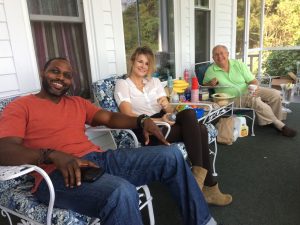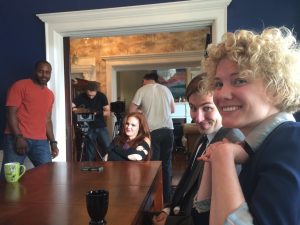Interview by The Independent Awards – London 2021
Director Biography – Roman Jaquez
First-time feature film director Roman Jaquez was born on February 2 1981, in the Dominican Republic. He is a cinematographer and editor, known for Bloodmoney (2010) and Internationally Speaking (2005). He has been married to Stephanie M. Jaquez since September 23, 2006.
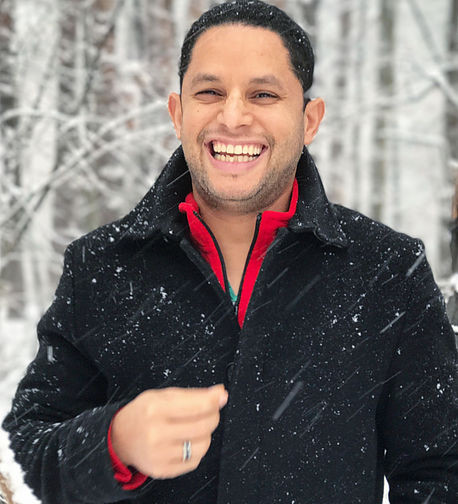
Hi, Roman! Thank you for granting this interview and sincere congratulations on your Outstanding Journey as a Filmmaker. You wrote, produced and directed the film ‘The Way Forward’.
Tell us a bit about your background. When did you decide to become a filmmaker?
In 2001 I was invited to be standing for on a thesis 16mm short film for a New York Film Academy student. It was a horror short. While on set, I was in awe to look at the lights and camera. It was magic to me primarily because I couldn’t understand how does someone’s image ends up captured but this film strip, inside that box, which then ends up on a screen. It was a big mystery to me. So I started to ask questions and read books to understand lights, electricity, and the chemistry of film. I became obsessed with the technical aspects of filmmaking just to understand how image and sounds are recorded and then distributed. Living in NYC offered unique opportunities because on any given day, I would randomly stumble upon a TV or movie set. When that happened I would call off the day and just cancelled whatever was on my agenda. If I was on my way to school, well, not anymore. I would just stand at a distance and observe. Once I identified the AD, I would approach and ask if I could volunteer. Some would say yes and some would say not. Being adventurous that way gave me a lot of practical real life exposure to filmmaking.
What are the directors that inspire you the most?
My first filmmaking influencers were Tim Burton for his signature style of capturing dark themes. Also, Woody Allen because of the simplicity with which he captures human emotion in his characters and stories. Later in my filmmaking journey Quentin Tarantino whom I now relate the most to. To me, Tarantino is a creative genius because he keeps it real and just breaks away from what is “normal”, a rebel if I may say so. Also Roberto Benigni. He is another creative genius and rebel. I love his work and personality.
Where did you get the inspiration from for creating your story? What about your characters?
For The Way Forward, I was inspired by real life stories I’ve heard. It was actually fairly simple to write, actually, I wrote it in one day. The initial question was, is it possible to film a feature length movie in one day? If so, what kind of story, characters, and location will I need to accomplish that? On the story and character part of these questions, I knew I needed to tap into a subject that I was familiar with, so the theme I chose was forgiveness, the sub-theme, fatherhood. As for characters, I envisioned bringing in people with different cultural and socio-economical background so they could clash against opposing worldview on the two themes, forgiveness and fatherhood. To accomplish that, I recalled conversations with friends and their relationships with their fathers, so I already had a basis to tap into. As for the location, I knew that to film the movie in one day, I need one location to limit time spent moving and setting up equipment. Once I figured out the answers to my top tear questions, I watched 12 Anger Men and The Breakfast Club to break down how they pulled it off, filming an entire movie in one location. Then I wrote my own outline and wrote the characters and their stories. I wrote it in one day. We filmed it on 12 hours. One location, 8 cast members.

We know you also produced ‘The Way Forward’. What did you enjoy the most about working the film? What did you find more challenging?
The Way Forward was a fun process to attempt. On a Saturday morning, I got a call from the actor Kevin Craig West, that same day I also got a call from actor Yury Tsykun, and from Cinematographer Chris LeClerc. They each randomly say they were free the following weekend and wanted to collaborate with me. They all proposed a short film, I made a few phone calls to other actors and crew members and once I had a commitment from a group of artist to do “something” next weekend, I knew I had to go to work. So I wrote the story based on the number of people in front of and behind the camera. That was really fun to figure out. Actors and crew flew in at their own expenses to Update New York 5 days later and in 12 hours we filmed the entire feature film. The best part of the process was watching the cast quickly adapt to the highly unorthodox way of filming. They improvised their lines based on the guideline I shared with them and also based on prompting from me so we could stay the course. They did an amazing job! We trusted each other to break the rules and make up our own game.
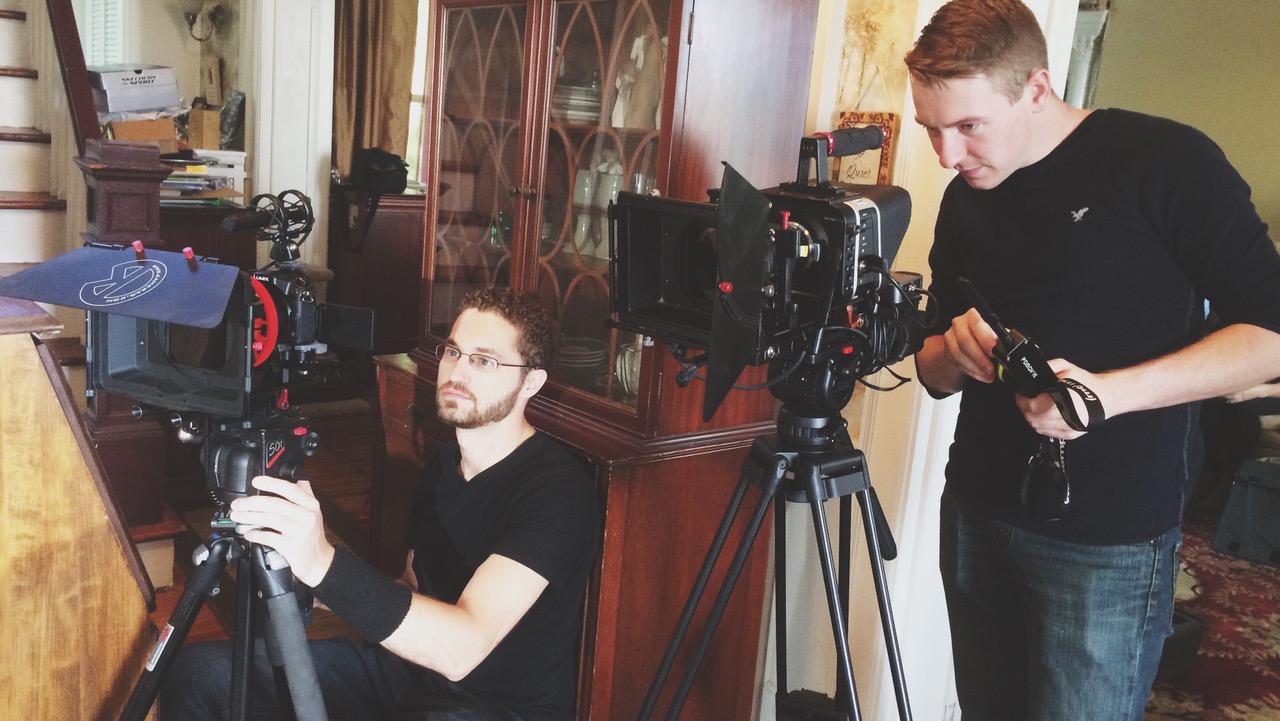
Do you have any on set stories you would like to share?
We started filming at 8am and wrapped filming at 7pm the same day. As we were parting ways after the dinner party, they were asking, Roman, what just happened? What did we film? A short film? A web series? My firm answer was, a feature film, we filmed an entire movie. They couldn’t believe it. The reason is that they all showed up on set only knowing their individual parts. We also shot out of order to accommodate the schedule of Yury Tsykun, Dr. Koval, who’s entire part we filmed in the last 40 minutes of the day. They had no idea how the project was going to come together until they all watched it at a private screening in a local theatre. They were astonished, and so was I, LOL
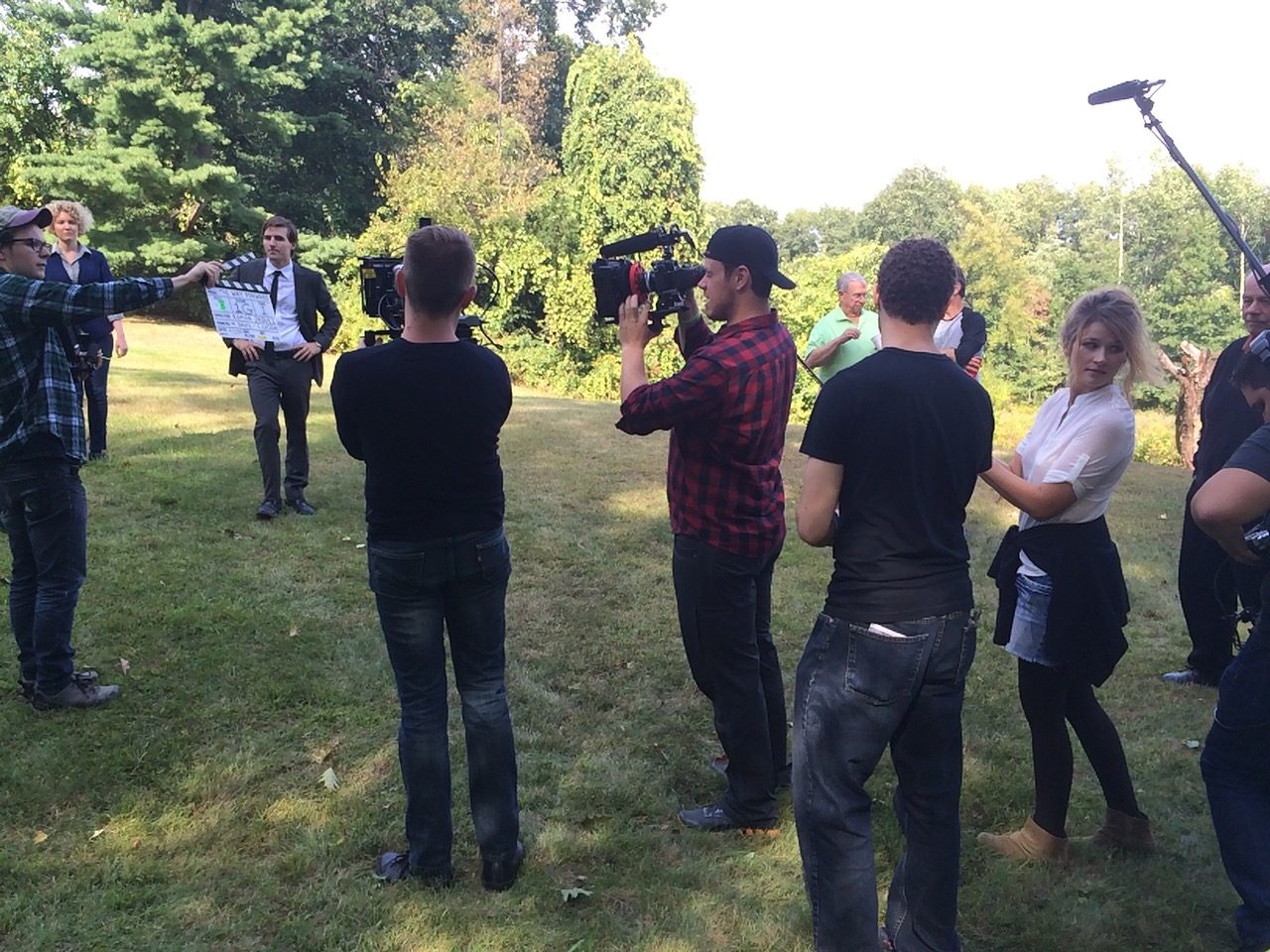
How did you choose your Cast? Was this your first time working with them?
I invited the cast based on their personality types. That’s literally the only criteria. Four of them Kit Vinsick, Kevin Craig West, and Yury Tsykun, and Paul Draper are professional actors while the other cast were either first time actors or had some experience on set. But their personalities and availability was the reason I invited them to collaborate on this experimental project. For the non-actors, I knew that if I could get them to be themselves they would be perfect for the characters I was envisioning. They did a fantastic job. John Hauf for instance, 80 years old with no previous acting experience before, people love his character.
When you’re working with your actors, do you like to leave room for improvisation or do you prefer to stick to the script?
That’s such a fascinating question, in this particular movie, all the actor improvised most of their lines. They needed to in order for us to accomplish filming in one day. Each of them had a guideline and I was feeding them lines, emotions, and context from which they developed onward.
What is the message that ‘The Way Forward’ conveys?
The primary message of the way forward is a compassionate curiosity to forgive. Forgiveness I believe is a very challenging process for people to go through. So much of our lives linger on this very simple yet paradoxically complex decision. My hope was for the audience to reflect on their past pain and to find healing by forgiving those who have caused harm. In the case of the move, forgiveness towards fathers. Fathers because we are meant to be protectors, providers, lovers, and caregivers to our children and spouses. Yet, when we don’t the lasting impact in the life of those who are supposed to receive such care from us fathers, can be devastating and last a lifetime. However, forgiveness is a powerful process for healing from pain and moving forward into a healthy mindset and lifestyle despite the wound of the past. The movie models for the audience how to have those difficult conversations. If anything, like a movie goer said to me “this movie gave me permission to entertain the possibility to forgive” which that awareness alone is a huge leap forward.
- What’s next for you? What are you working on at the moment?
At this moment, developing several feature films. However, one project in particular that I am directing, is a feel-good reality TV show under the working title “American Colors”. It is about community. For the pilot show, we follow residents of Islamorada in the Florida Keys. Islamorada is a community of super friendly and kind-hearted people. They just seem to get it, life is better when we care for one-another. Because of hurricane seasons, they share the common thread of potential devastation from inclement weather. But they also share what they call “paradise” and that because Islamorada really is such. Beautiful pristine waters. Known as the sports fishing capital of the world. They enjoy flora and fauna that needs to be seen to be believed. Is just plain beautiful. Because this community enjoy the best and the worst of living in paradise, they are very good at doing community by helping each other and collectively caring for the environment. I cannot way to show the world what we’ve been doing. The timing is just right as we are coming out of isolation from a global pandemic. My hope is for the audience to feel curious about their own community and find common grown to do life well, together. So a word from fear and isolation to a world of joy and healthy togetherness.
The Way Forward – Overview
The film was shot with 6 cameras running simultaneously in the span of 12 hours. The dialogue was completely improvised by the cast who were following quotes, a story structure and character breakdowns as a guideline. The actors had one rehearsal to become familiar with each other. Each character is based on real-life stories.
“The Way Forward” Movie Trailer
Connecting to Roman Jaquez:
Instagram Roman Jaquez: https://www.instagram.com/rj.apple
LinkedIn Roman Jaquez: linkedin.com/ roman jaquez
Movie’s Website: https://www.filmforhope.com

